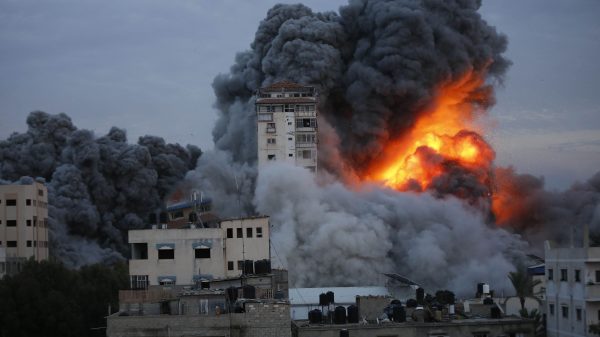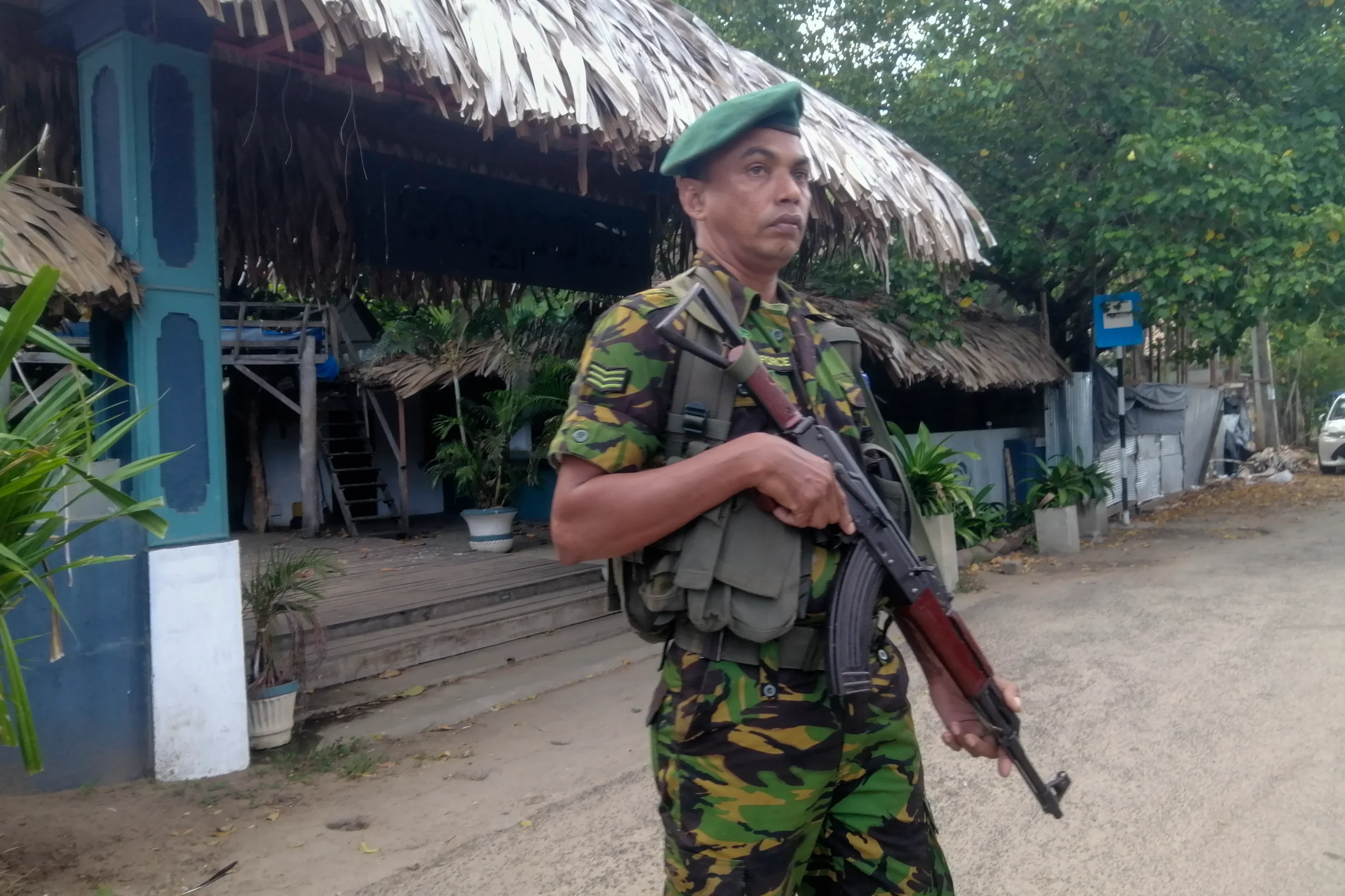On Wednesday, both the United States and Israel issued security alerts regarding a potential attack on tourist locations in Sri Lanka’s coastal area, particularly focusing on Arugam Bay.
The U.S. Embassy’s alert indicated that they had received credible information about threats targeting popular tourist sites in this region, prompting immediate travel restrictions for U.S. personnel and a strong recommendation for American citizens to avoid Arugam Bay until further notice.
In a similar vein, Israel’s National Security Council advised its citizens to leave Arugam Bay and the southern and western coastal areas of Sri Lanka immediately. The Israeli government raised its travel advisory level to reflect the credible terrorism threats affecting these tourist destinations.
The areas highlighted in the alert included popular coastal cities such as Ahangama, Galle, Hikkaduwa, and Weligama, with recommendations for individuals in these areas to either leave the country or relocate to Colombo, where local security is more robust.

U.S. and Israel Issue Urgent Warnings Amid Terror Threats to Tourist Sites in Sri Lanka’s Coastal Areas
The Israeli alert further emphasized caution, advising citizens to avoid any displays that could identify them as Israeli, such as wearing clothing with Hebrew writing or religious symbols. This precautionary measure reflects the heightened concerns about potential targeting based on nationality or religion, particularly in light of recent protests in Sri Lanka against Israel’s actions in Gaza.
While both alerts stress the seriousness of the threats, they do not provide detailed information regarding the nature of the potential attacks. The lack of specificity raises concerns among tourists and local residents alike, as Sri Lanka has a history of violence, including the tragic 2019 Easter Sunday attacks.
During that incident, coordinated suicide bombings on Catholic churches and luxury hotels resulted in the deaths of 270 people and injuries to over 500, underscoring the vulnerabilities faced by the nation.
The issuance of these security alerts signals a significant escalation in concerns over safety in Sri Lanka, particularly for international visitors in popular tourist areas. The combined warnings from the U.S. and Israel not only aim to safeguard their citizens but also highlight the broader implications of regional tensions and their potential impact on tourism and local security in Sri Lanka.











































